Conclavoscope - Cardinal Mykola Bychok
Cardinal Profile and Assessment
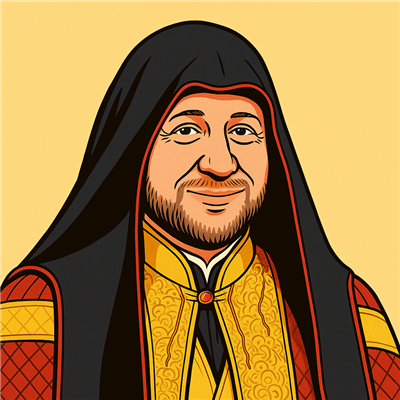
Ukrainian cardinal, bishop for Ukrainian Catholics in Australia, known for his pastoral work with the diaspora and his commitment to the Greek Catholic Church in a context of war.
| Criterion | Tendency |
|---|---|
| Moral doctrine | Moderately conservative |
| Liturgy | Moderately conservative |
| Sociopolitical | Very progressive |
| Relationship with Pope Francis | Progressive |
| Dialogue | Progressive |
| Communication | Progressive |
| Overall tendency | Moderately progressive |
Cardinal Bychok, as a member of the Ukrainian Greek Catholic Church and the Redemptorist order, upholds traditional Catholic teachings on moral issues. While he has not publicly addressed topics like sexuality or abortion, his emphasis on the Beatitudes and calls for embracing them as a way of life suggest a focus on compassion and mercy within the framework of established doctrine.
As a bishop of the Ukrainian Greek Catholic Church, Cardinal Bychok celebrates the Byzantine Rite, reflecting a deep respect for Eastern liturgical traditions. His participation in solemn liturgies and adherence to traditional vestments underscore his commitment to liturgical heritage.
Cardinal Bychok is actively engaged in sociopolitical issues, particularly advocating for peace in Ukraine. He has spoken out against the war, emphasizing the need for truth, reconciliation, and fraternal love. His appeals highlight a commitment to social justice and the plight of the marginalized.
Cardinal Bychok maintains a close relationship with Pope Francis, who appointed him as a cardinal. He has expressed deep admiration for the Pope, referring to him as a 'Pope of peace' and acknowledging his efforts in supporting Ukraine and advocating for the marginalized.
While specific initiatives are not detailed, Cardinal Bychok's participation in international ecclesiastical events and his emphasis on peace and unity suggest an openness to interreligious dialogue and collaboration.
Cardinal Bychok is known for his pastoral and empathetic communication style. His messages often focus on hope, peace, and the transformative power of faith, aiming to inspire and comfort the faithful amidst global challenges.
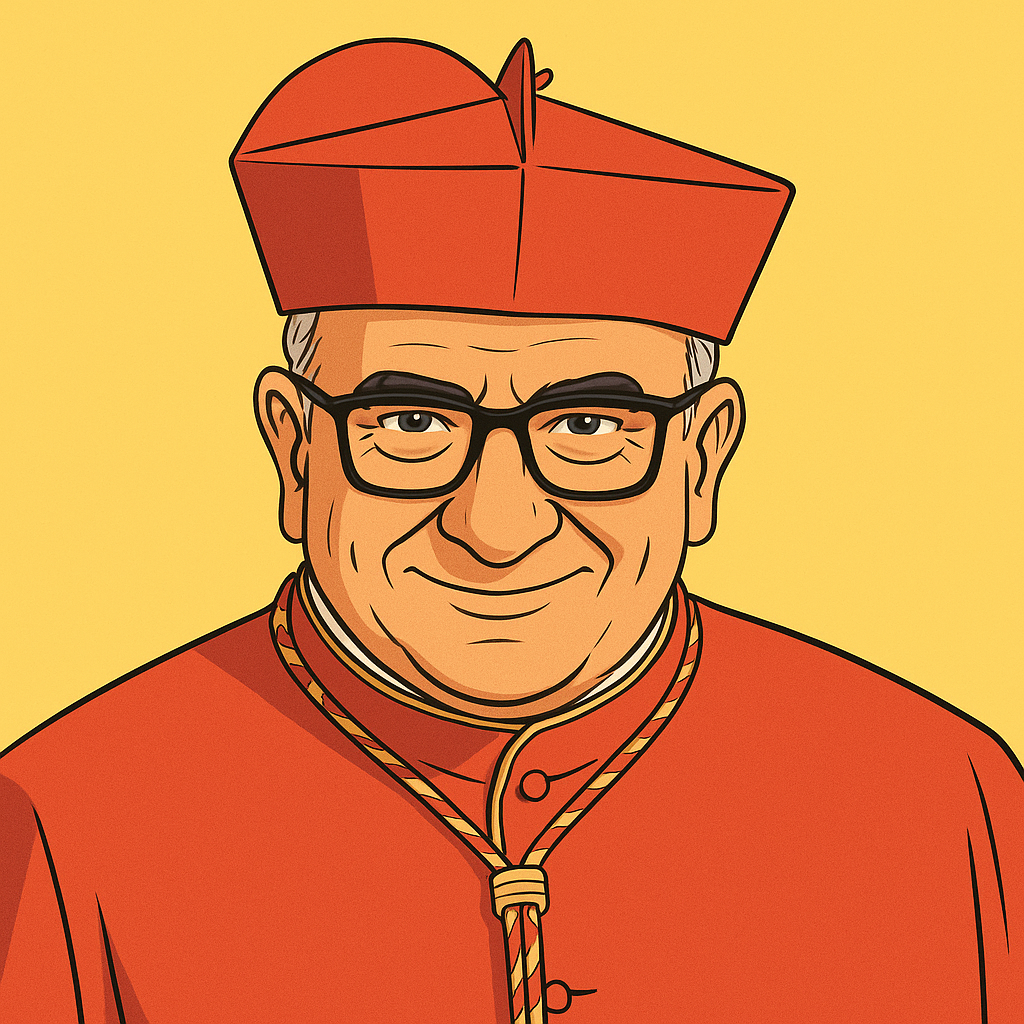
Chile
Chilean cardinal, Archbishop of Concepción, known for his conservative doctrinal positions and commitment to rebuilding trust after abuse scandals.
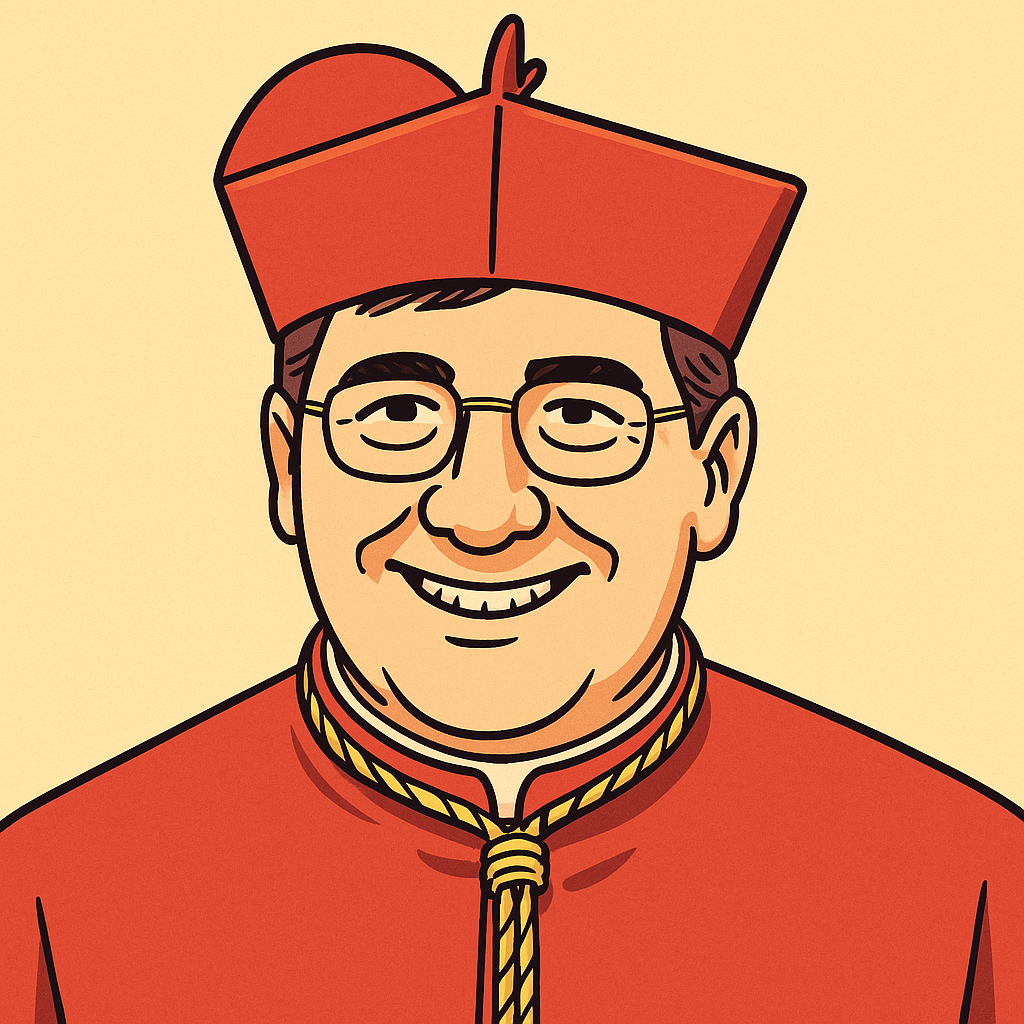
Canada
Canadian cardinal, Archbishop of Toronto, relatively new to the episcopate, known for his doctrinal fidelity and pragmatic pastoral approach.
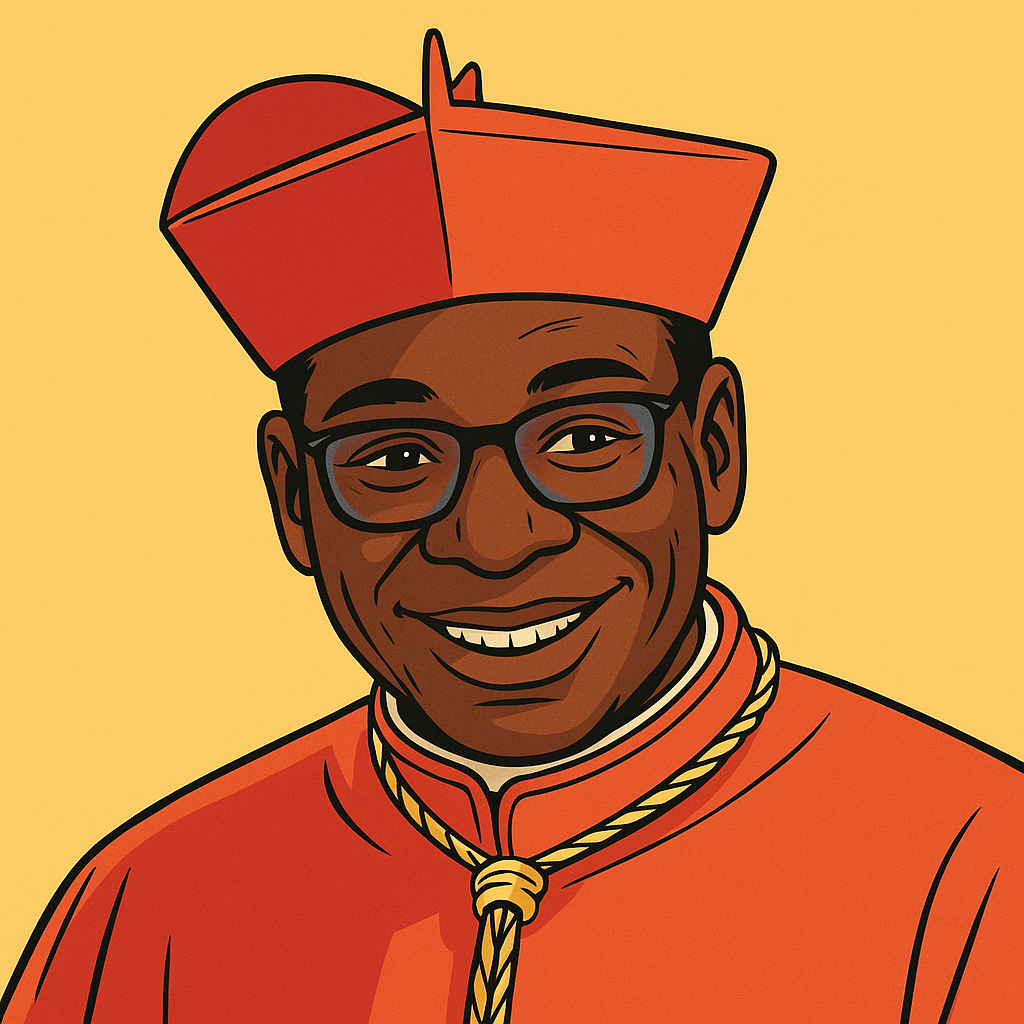
Ivory Coast
Ivorian cardinal, Archbishop of Korhogo, known for his pastoral approach rooted in African traditions and his commitment to social peace.
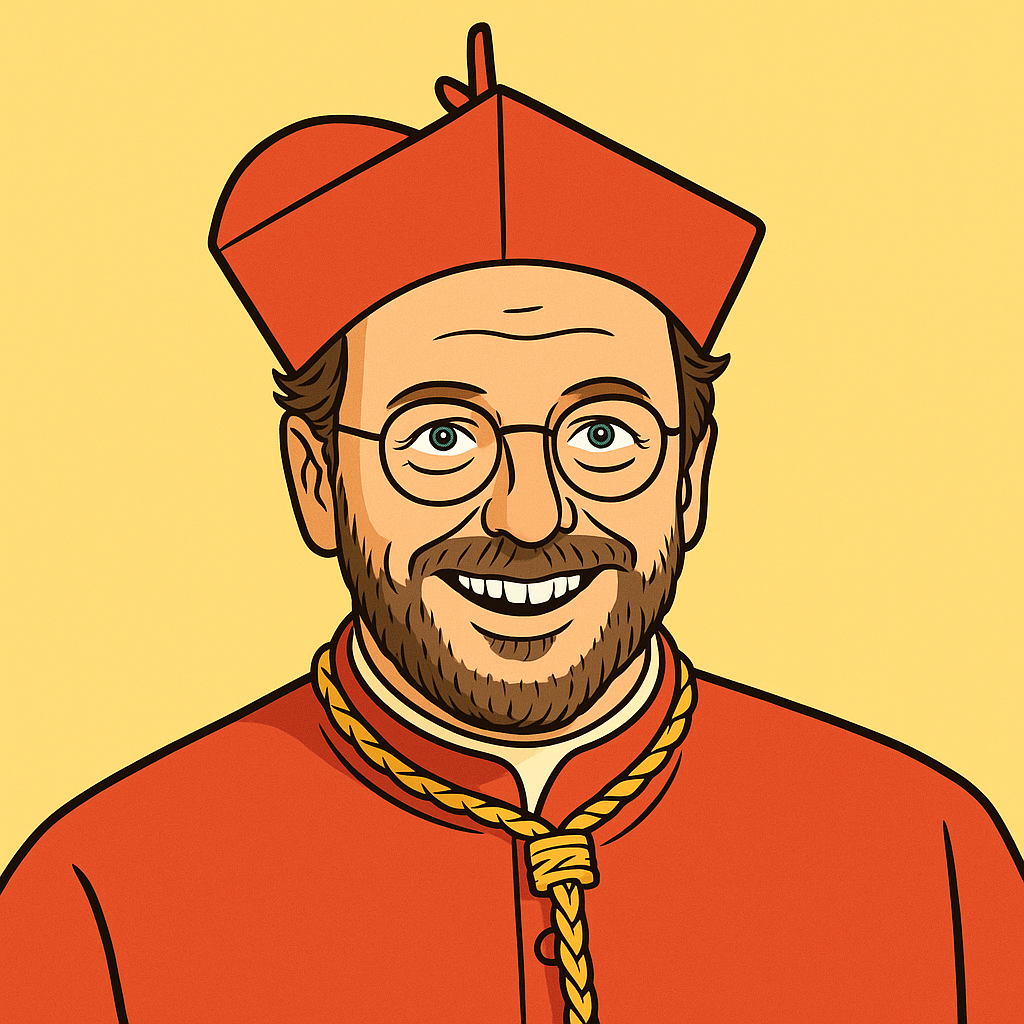
Mongolia
age: 51
Italian cardinal, missionary in Mongolia, known for his work in a context of first evangelization and pastoral approach adapted to local cultures.
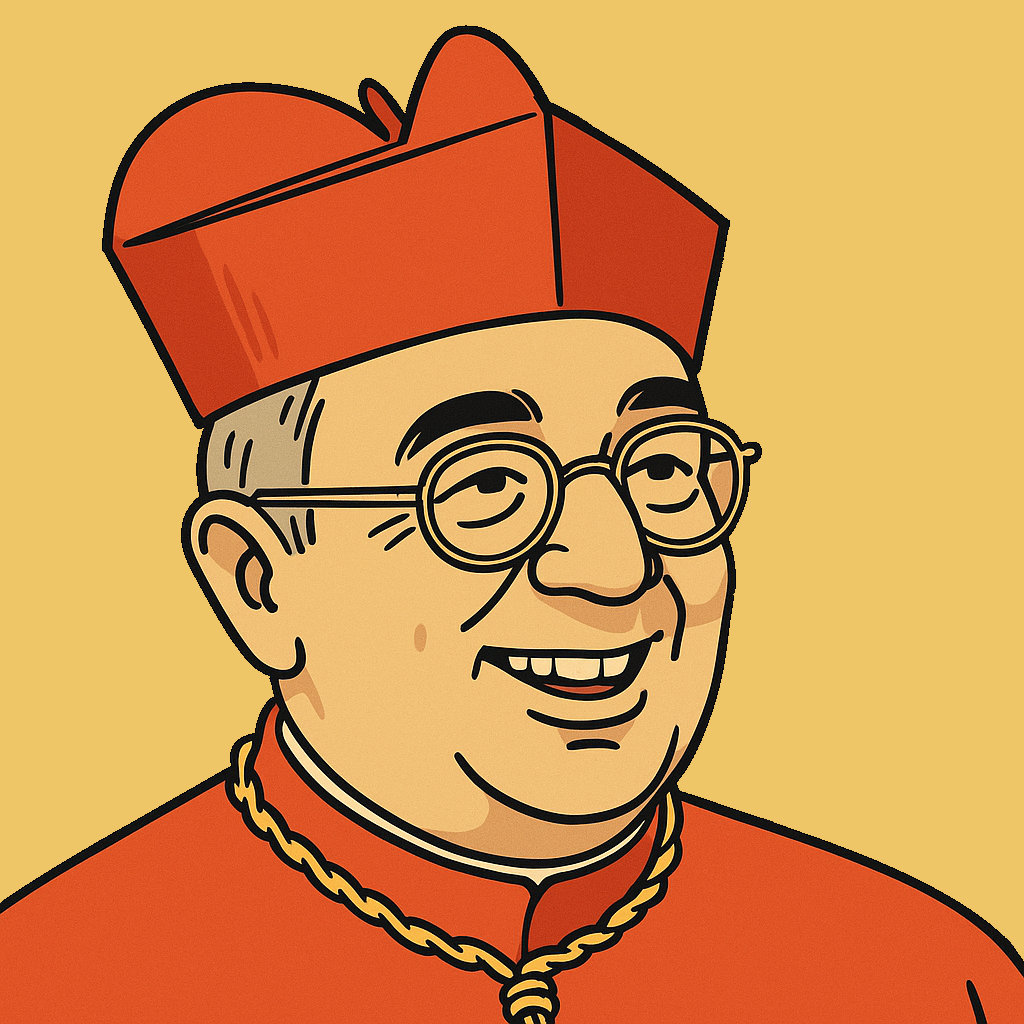
Italy
Italian cardinal, former vicar general of the pope for the diocese of Rome, known for his balance between liturgical tradition and moderate pastoral openness.
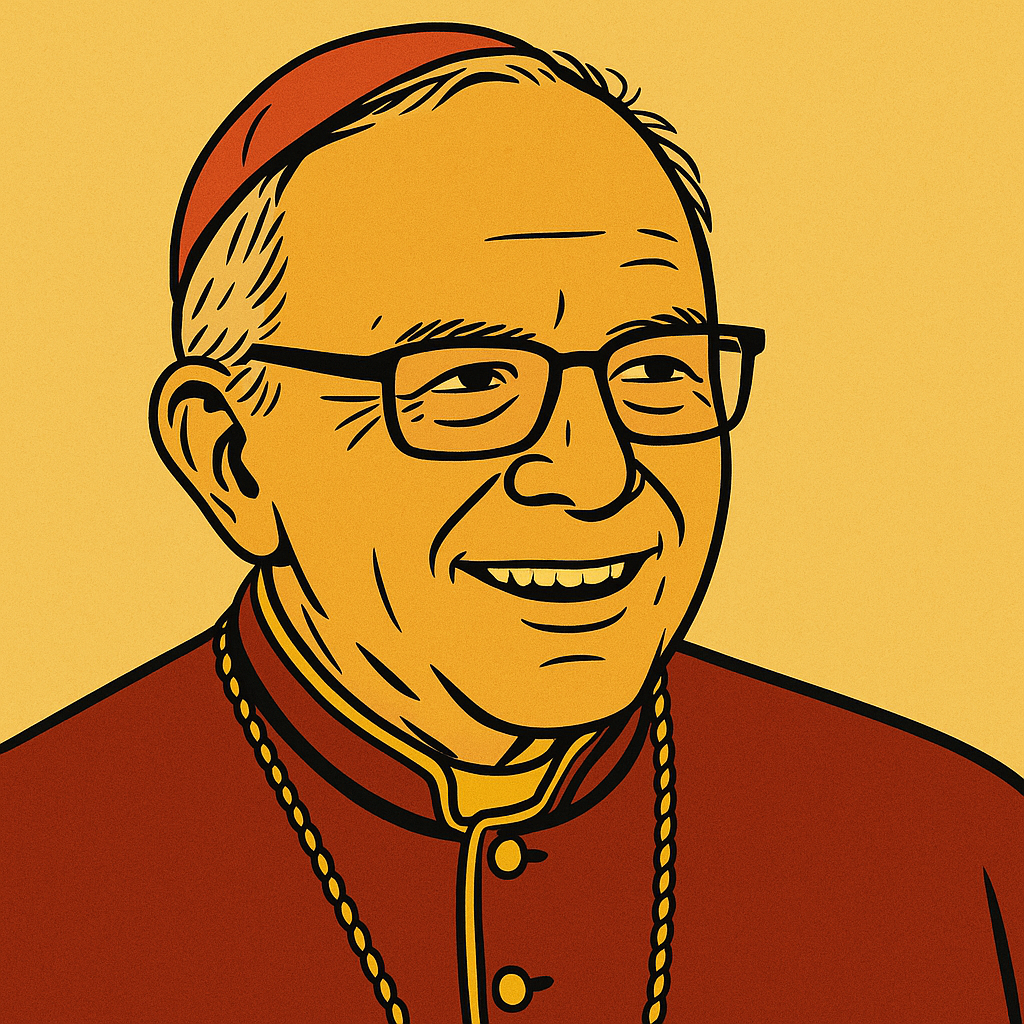
Portugal
Portuguese cardinal, Patriarch Emeritus of Lisbon, known for his balanced leadership and pastoral vision that respects tradition while dialoguing with contemporary society.
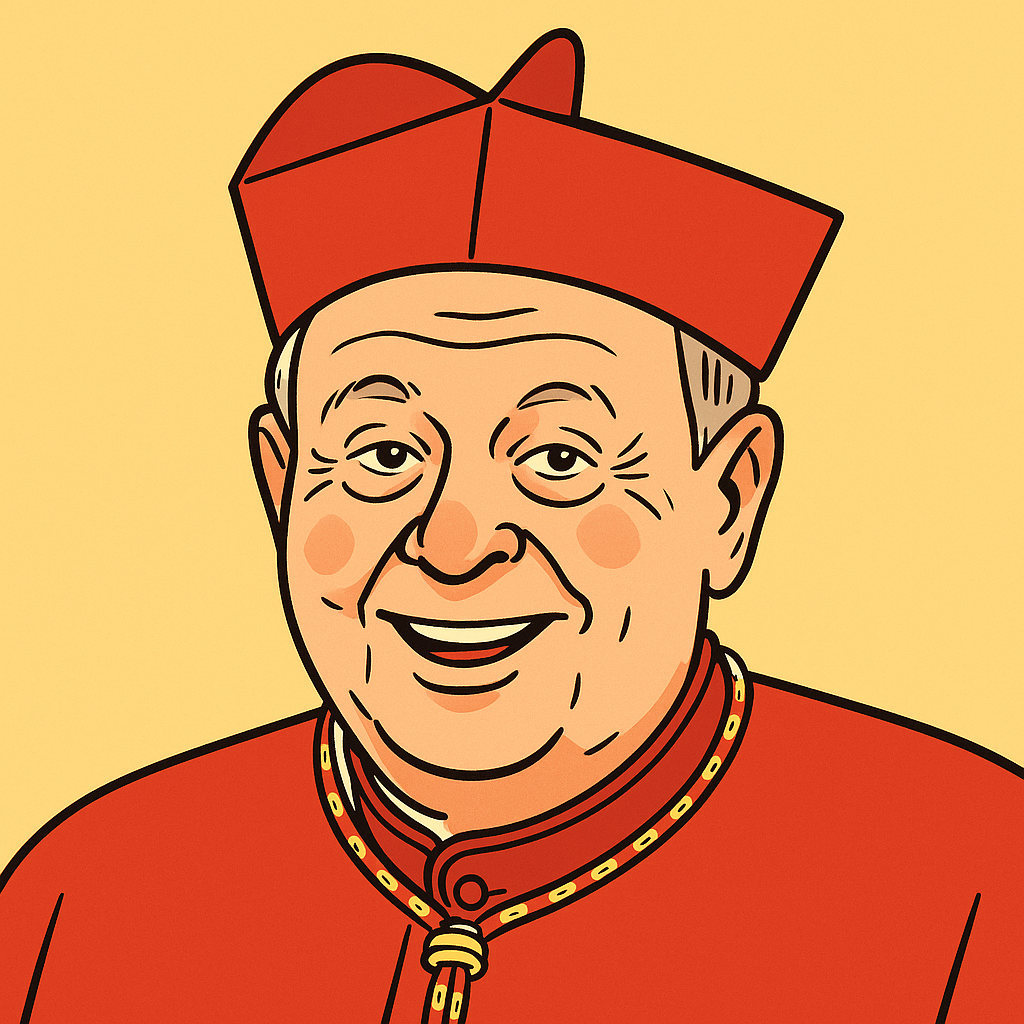
Italy
Italian cardinal, Bishop of Como, known for his balanced pastoral approach and his work for the reception of migrants at the Swiss border, combining doctrinal fidelity and social commitment.
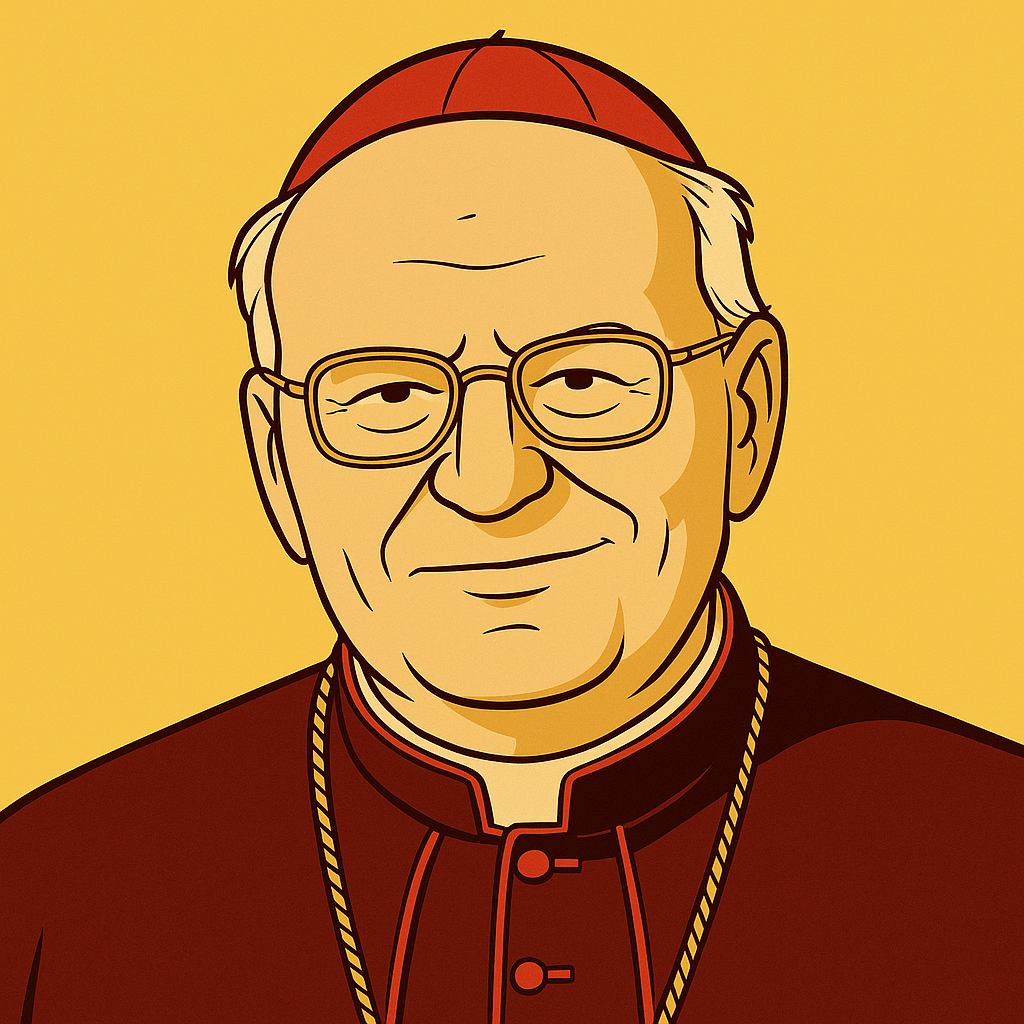
Hungary
Hungarian cardinal, Archbishop of Esztergom-Budapest, renowned canonist, known for his conservative doctrinal positions and his influential role in the Church of Central Europe.

Sweden
Swedish cardinal, the first Scandinavian cardinal in history, known for his balanced approach between tradition and openness, and his ecumenical work.
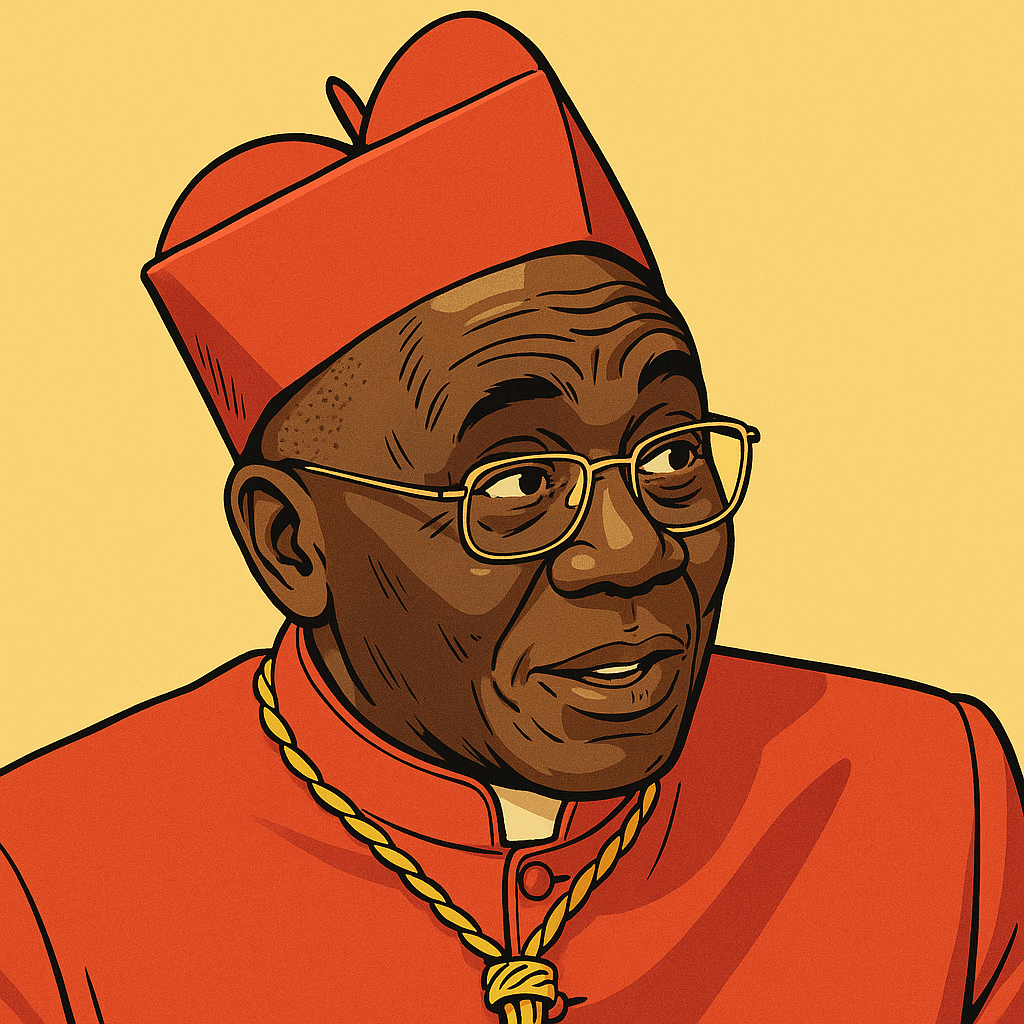
Ivory Coast
Ivorian cardinal, Archbishop of Abidjan, known for his doctrinal fidelity and conservative positions, while working for social peace and unity in his country.
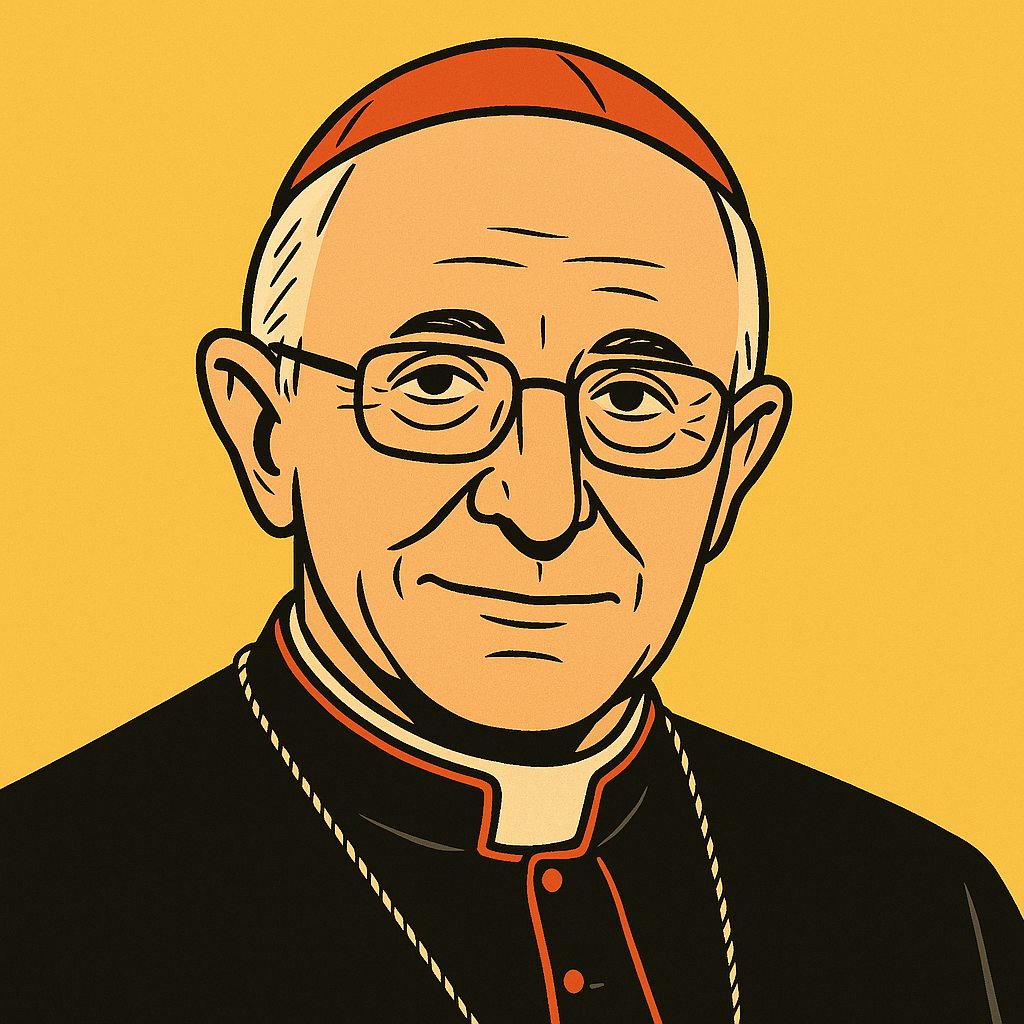
Italy
Italian cardinal, Grand Master of the Order of the Holy Sepulchre, former prefect of the Congregation for the Evangelization of Peoples, known for his missionary and diplomatic experience.
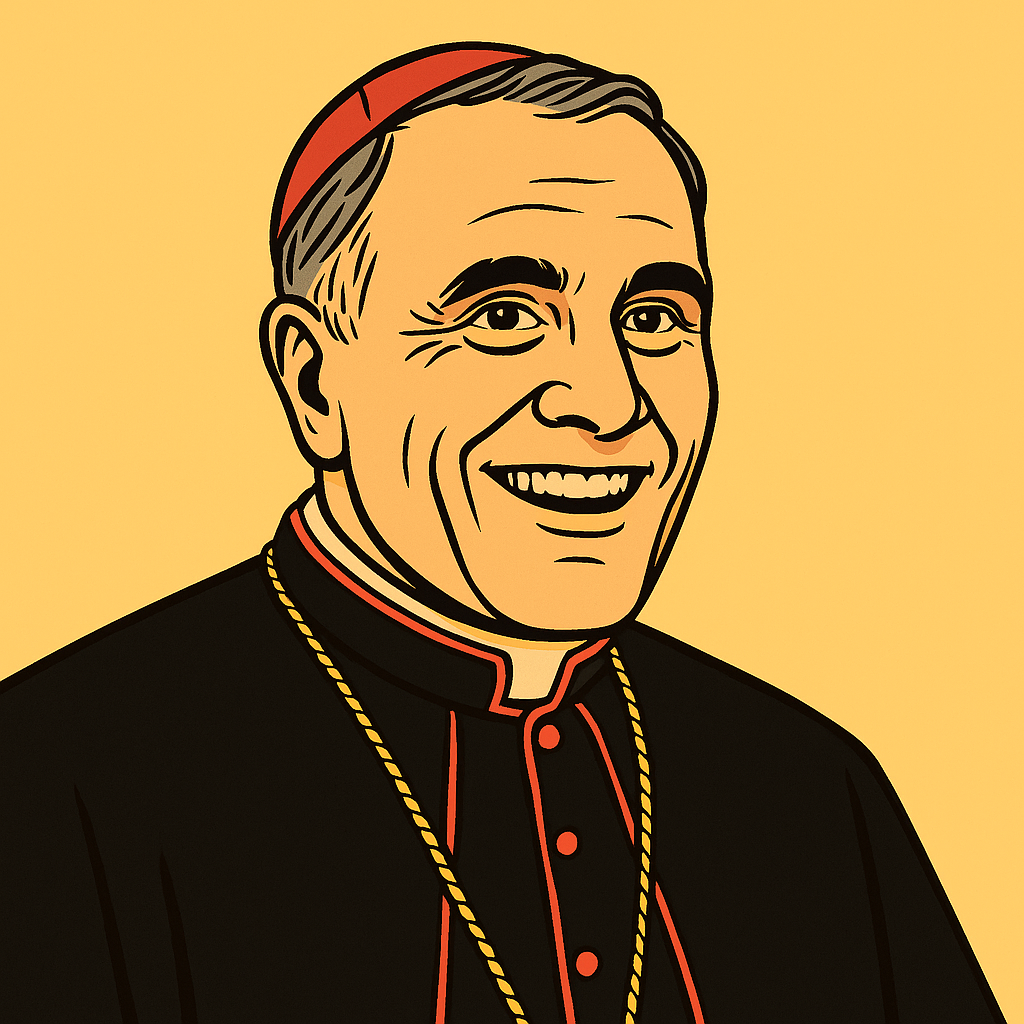
United States
American cardinal, known for his conservative positions on doctrine and liturgy, while seeking unity in a divided ecclesial context.
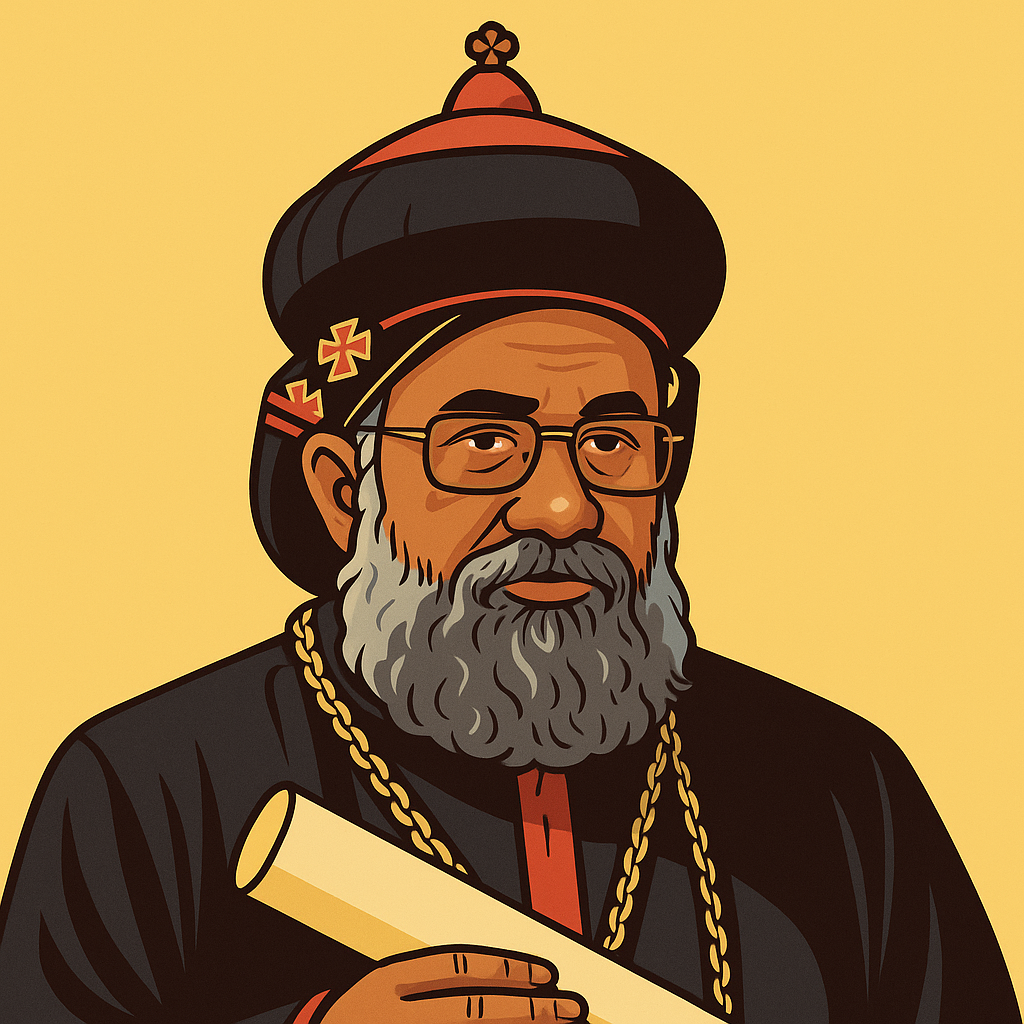
India
Indian cardinal of Syro-Malankara rite, known for his attachment to the Eastern traditions of the Church and his defense of traditional moral doctrine.

Italy
Italian cardinal, former vicar general of the pope for the diocese of Rome, known for his balance between liturgical tradition and moderate pastoral openness.
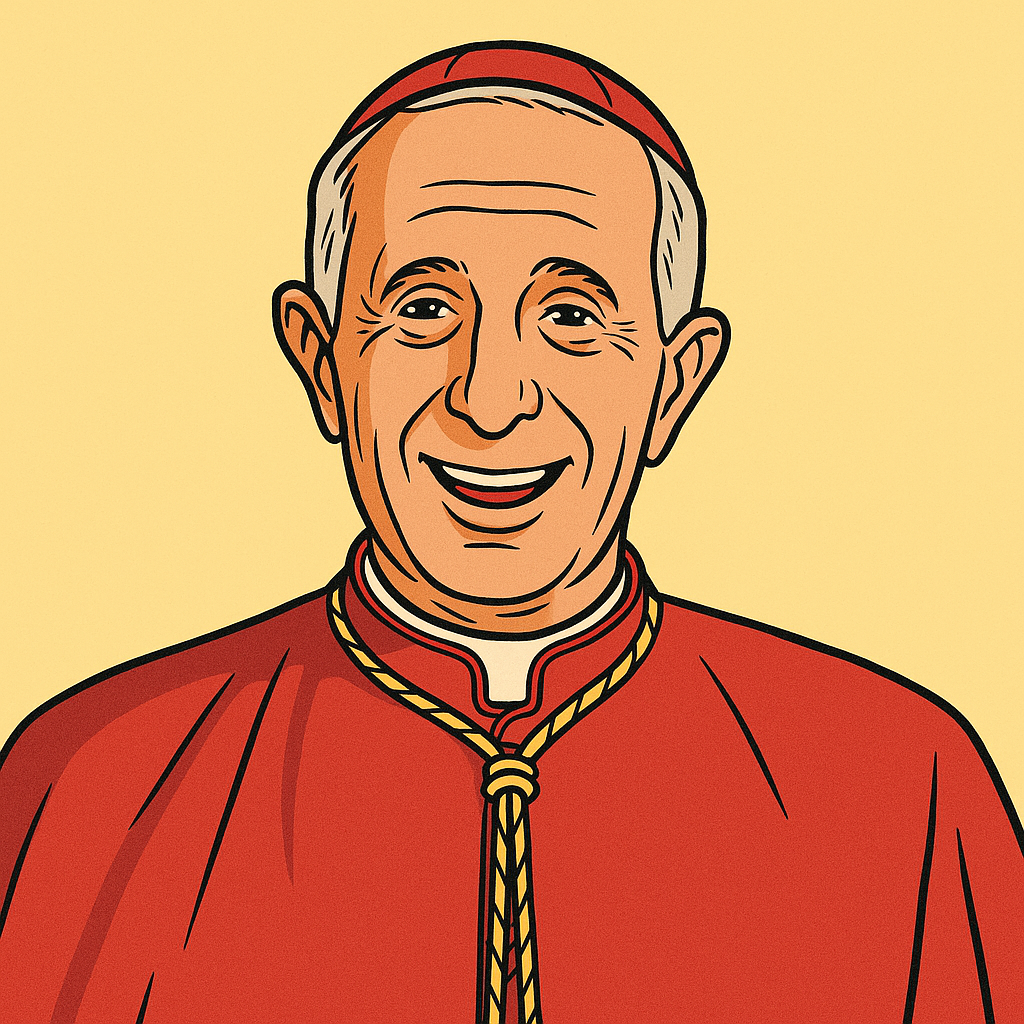
Argentina
Argentine cardinal, Archbishop Emeritus of Buenos Aires, successor of Pope Francis in this diocese, known for his discreet profile and balanced administration between tradition and renewal.

Chile
Chilean cardinal, Archbishop of Concepción, known for his conservative doctrinal positions and commitment to rebuilding trust after abuse scandals.
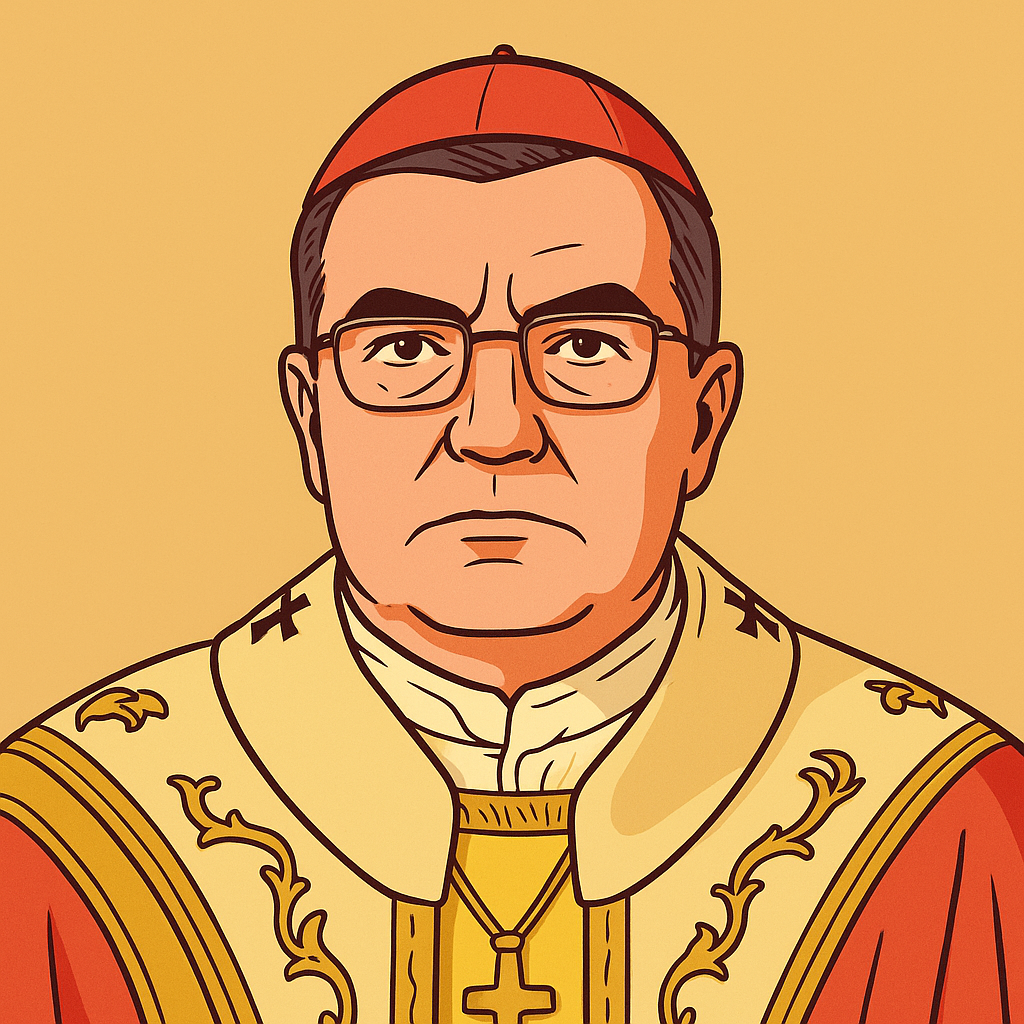
Croatia
Croatian cardinal, Archbishop of Zagreb, known for his conservative positions on moral issues and his commitment to traditional values in a post-communist context.
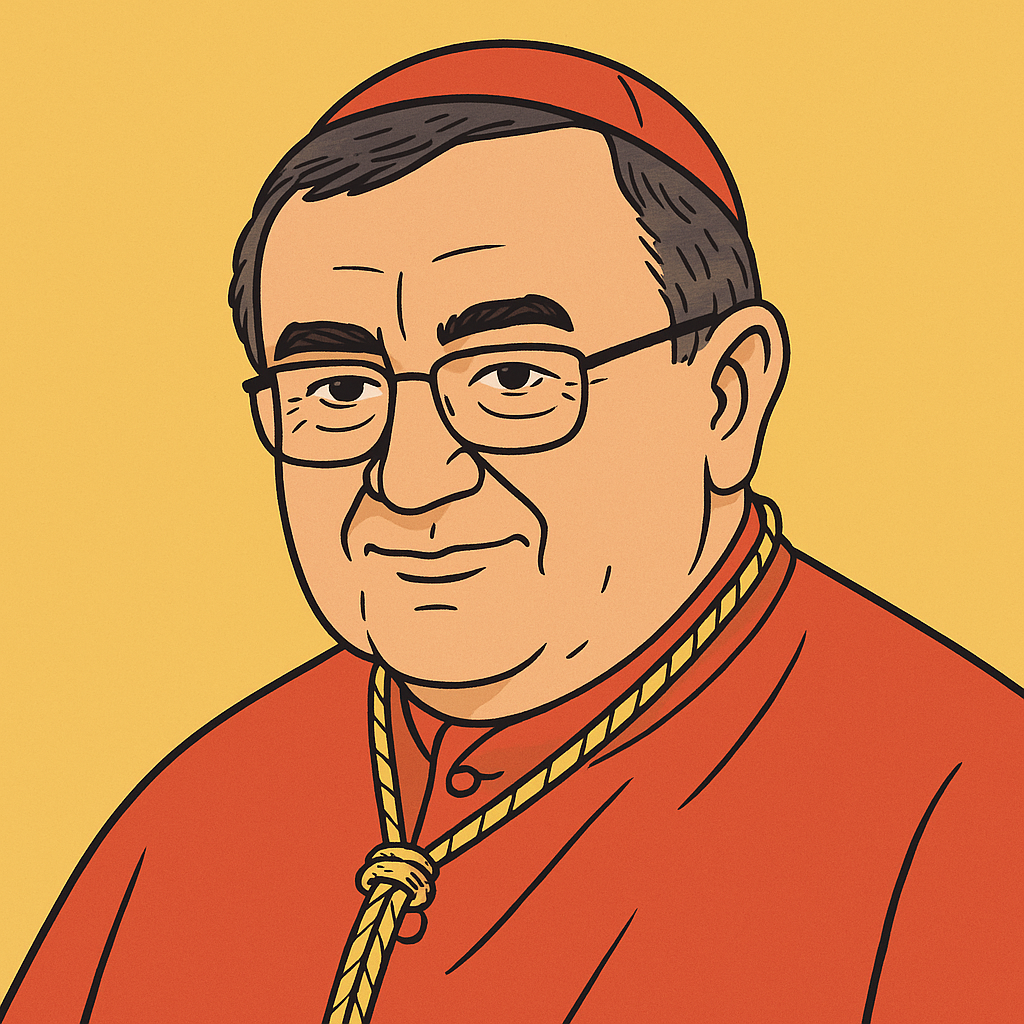
Bosnia and Herzegovina
Bosnian cardinal, Archbishop Emeritus of Sarajevo, known for his leadership during and after the Balkan War, his work for reconciliation and his defense of Catholic rights in the region.
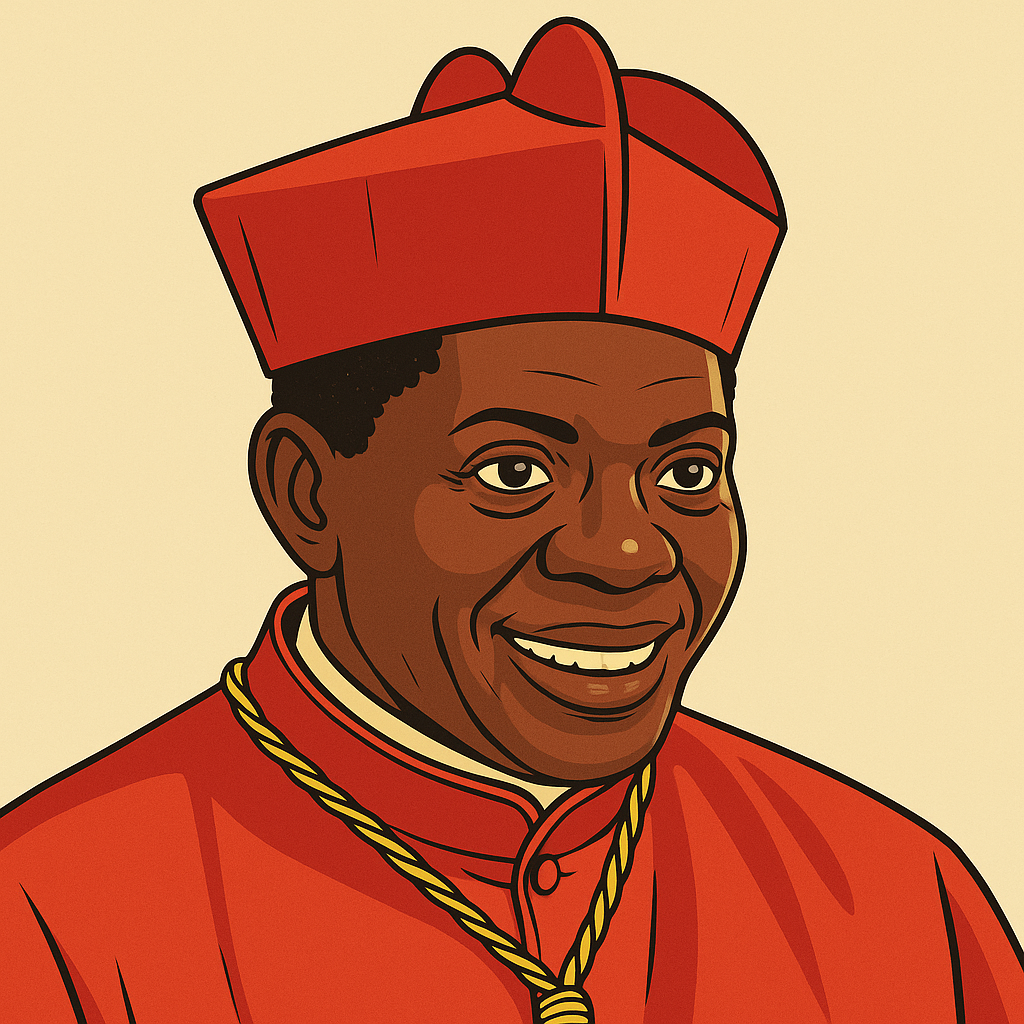
Tanzania
Tanzanian cardinal, Secretary of the Dicastery for Evangelization, known for his missionary expertise and balanced pastoral vision, combining doctrinal fidelity and cultural adaptation.
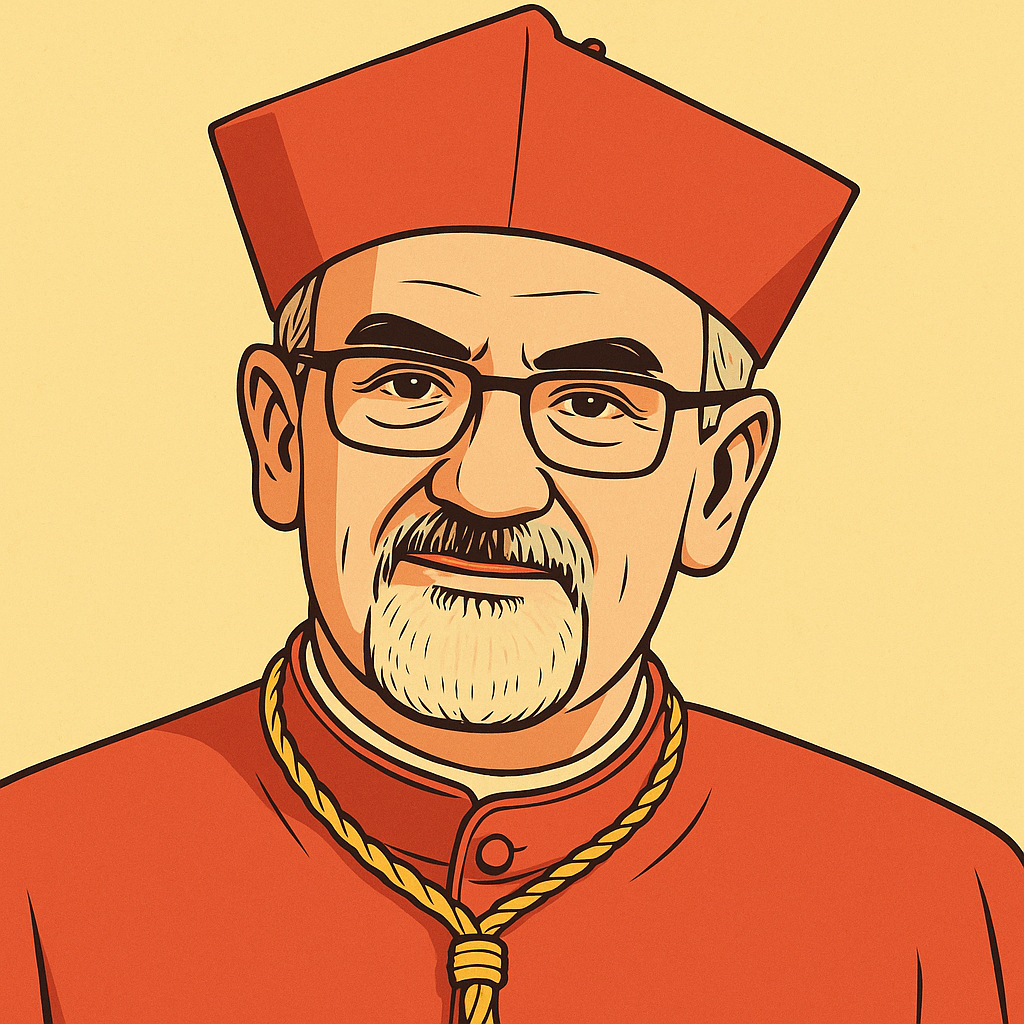
Israel
Italian cardinal, Latin Patriarch of Jerusalem, Franciscan, known for his expertise on the Middle East and his balanced leadership in a context of political and religious tensions.
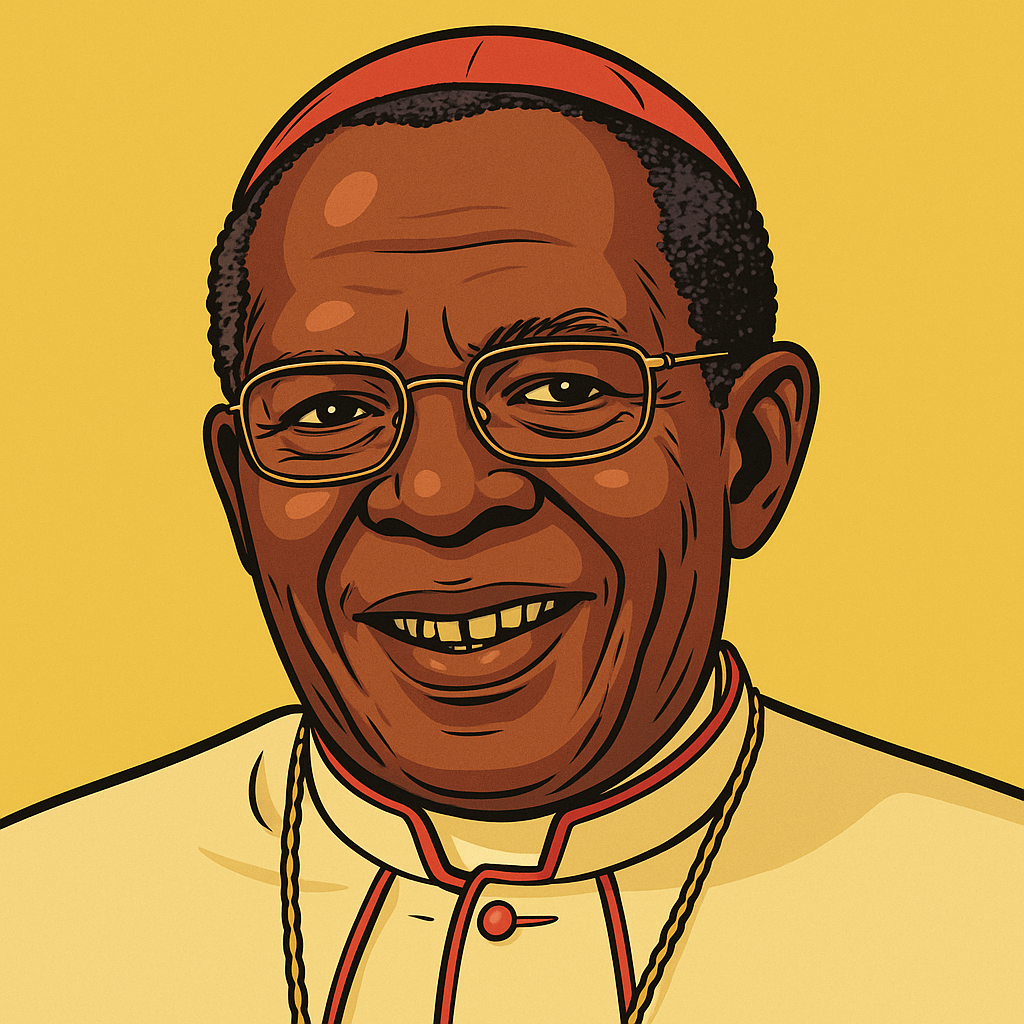
Kenya
Kenyan cardinal, Archbishop Emeritus of Nairobi, known for his conservative positions on moral issues and his leadership in the growing African Church.
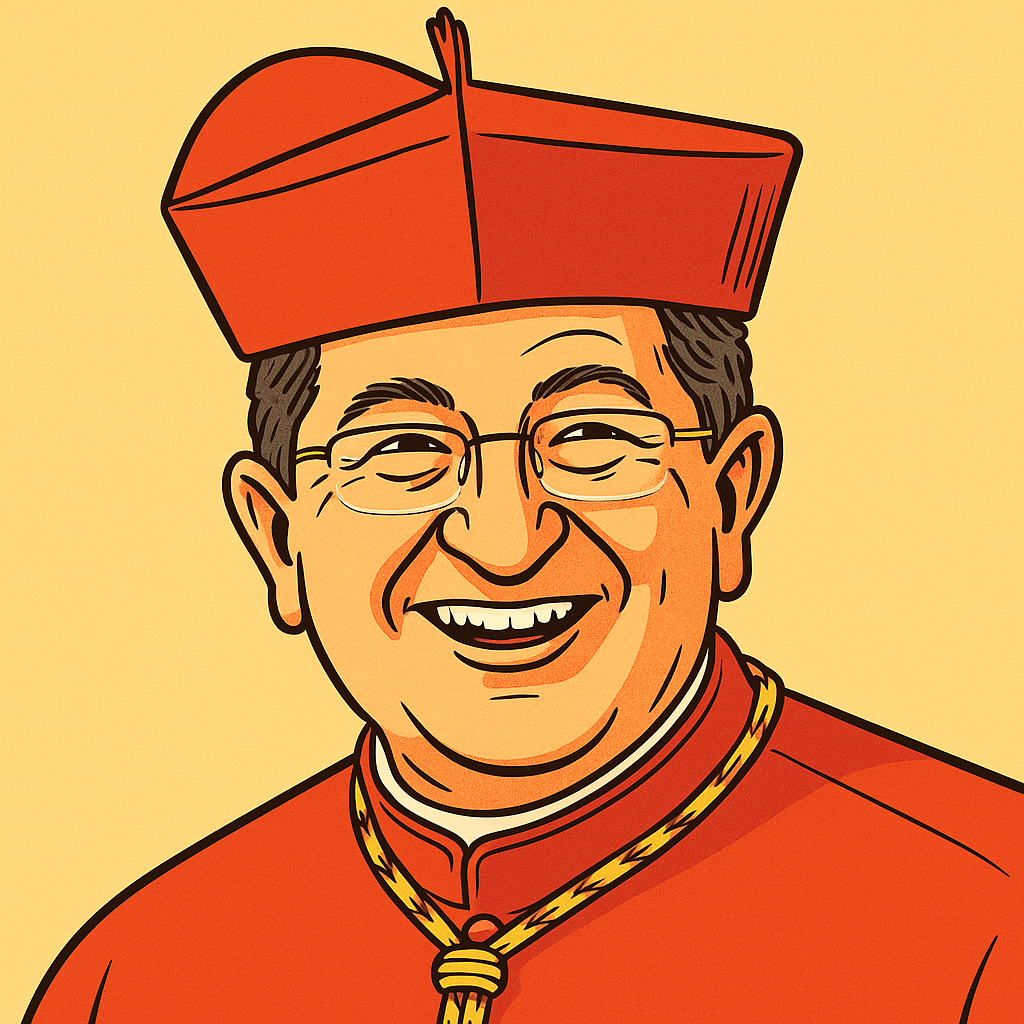
Italy
Italian cardinal, Archbishop of Florence, known for his conservative doctrinal positions and intellectual work, while remaining engaged in pastoral dialogue.